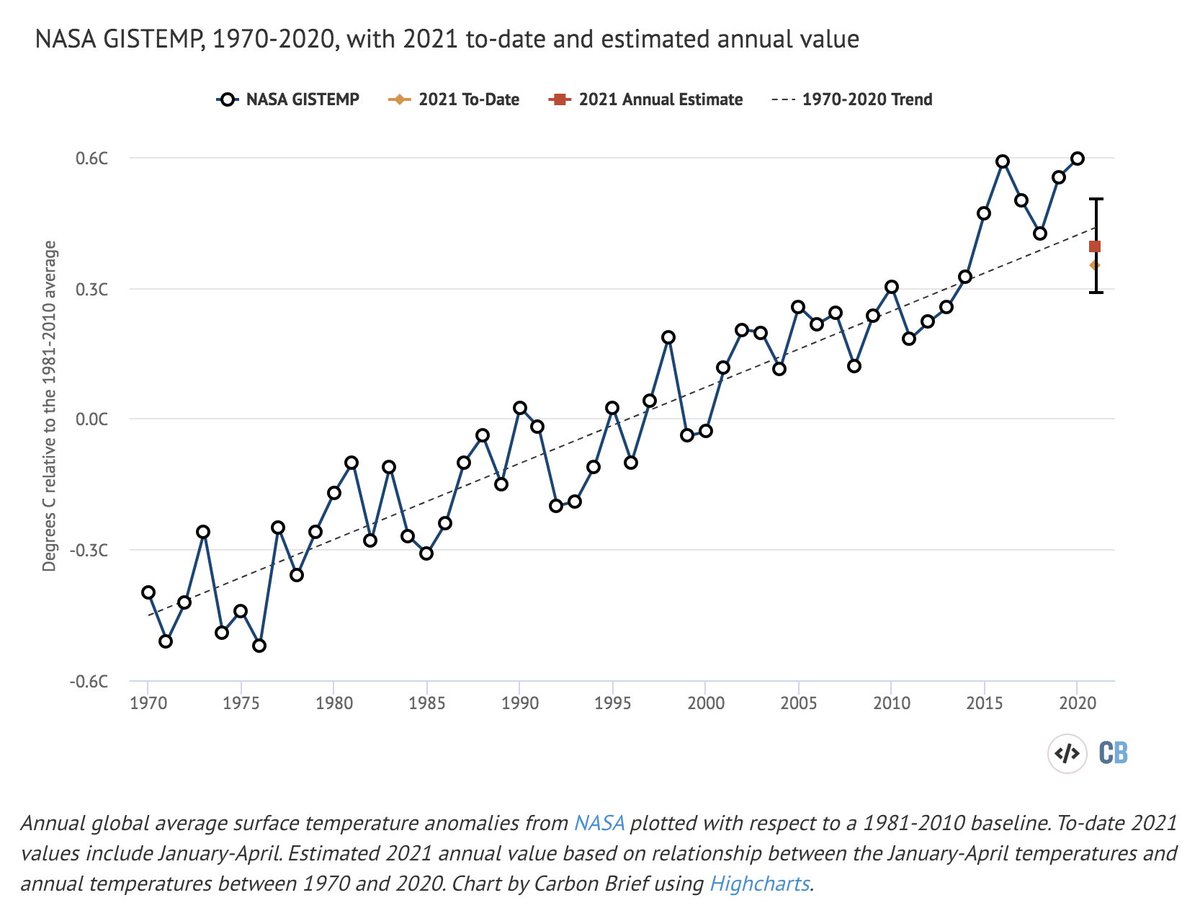
My recent thread lauding the new electric F150 truck for getting better performance at a comparable cost engendered a lot of pushback and criticism of America's "autocentrism" and "fetish for big cars". These are real issues, but not a reason to criticize the new F150 per se. 1/x
https://twitter.com/hausfath/status/1395210223053205507
It is clearly the case that America needs to invest a lot more in modernized public transportation infrastructure, and help reduce the need for car ownership in many areas. The Biden administration infrastructure bill takes a number of important steps to address this. 2/
At the same time, people who are buying $40k+ pickup trucks today (one out of every 16 light vehicles sold in the US! ) are not doing so because they lack other transport alternatives. There are plenty of much more fuel efficient lower cost options to get from point A to B. 3/
I'm very skeptical that having better public transit options would notably reduce the number of pickup trucks sold, at least in the near-term, especially as those who buy them tend to live outside of urban areas where most near-term public transport projects will be focused. 4/
So where does that leave us? We could pass laws to ban or put high taxes on large vehicles because of their environmental impacts and safety impacts on other smaller cars. But I see that as a political non-starter in the US today. 5/
People are going to keep buying pickup trucks, and a lot of them, over the next few years. Having a low-carbon electric alternative will substantially reduce emissions today, while we work on the longer term project of changing American norms around cars. 6/
Do we really think that we would move away from pickup trucks or large SUVs faster in a world where electric models are not produced? The segment of the population who buys these today is, broadly, not the one most concerned about climate and willing to change behavior. 7/
If we have any hope of meeting our ambitious global climate targets we need emission reductions today. As much as I sympathize for the need to structurally reform America's car culture, I don't think we have the luxury of time to wait for that to play out. In short: 8/ 

Electric trucks will be far lower emissions than their non-electric variants, even taking battery manufacturing into account. And these emissions will fall rapidly over their life as our power sector continues to rapidly decarbonize 9/9 carbonbrief.org/factcheck-how-…
• • •
Missing some Tweet in this thread? You can try to
force a refresh








